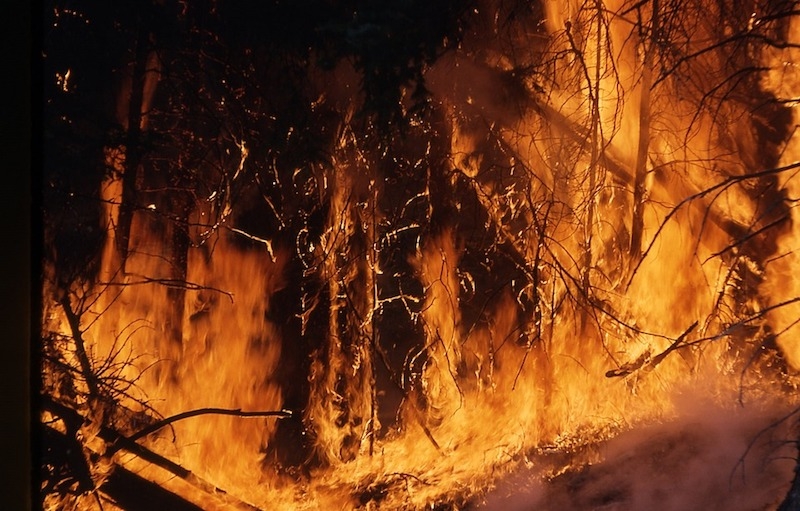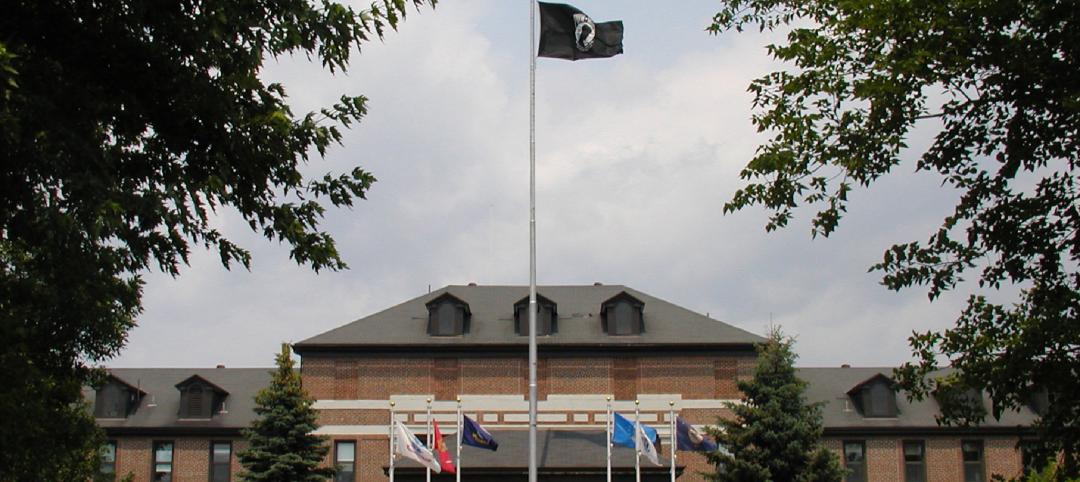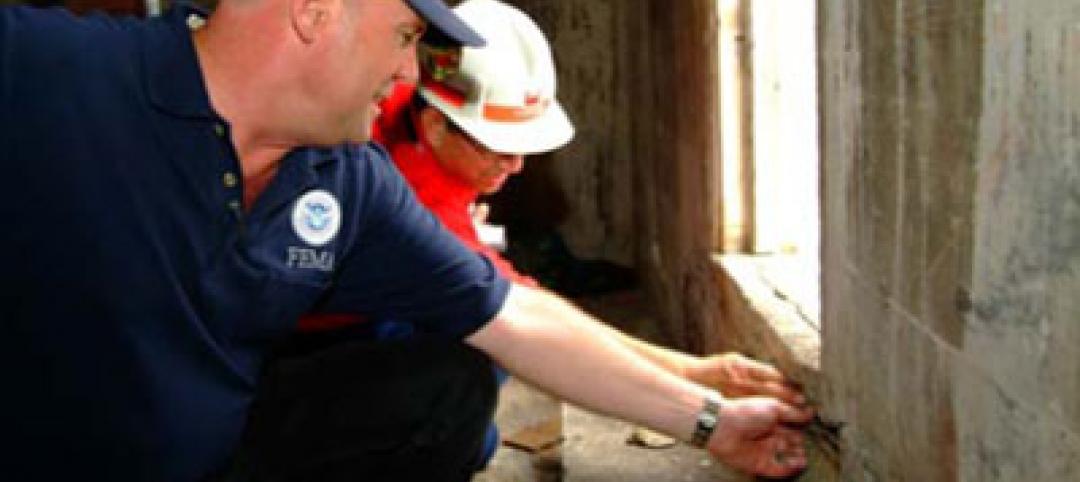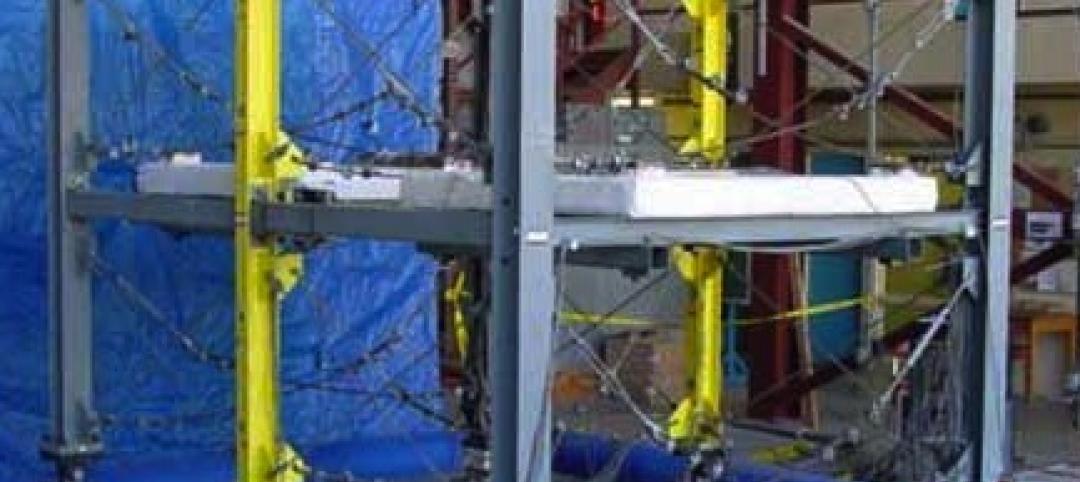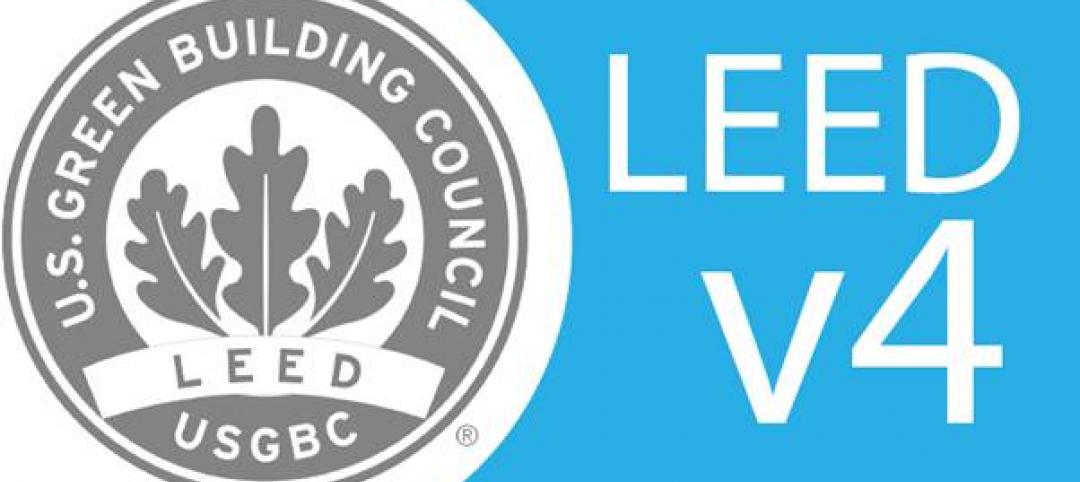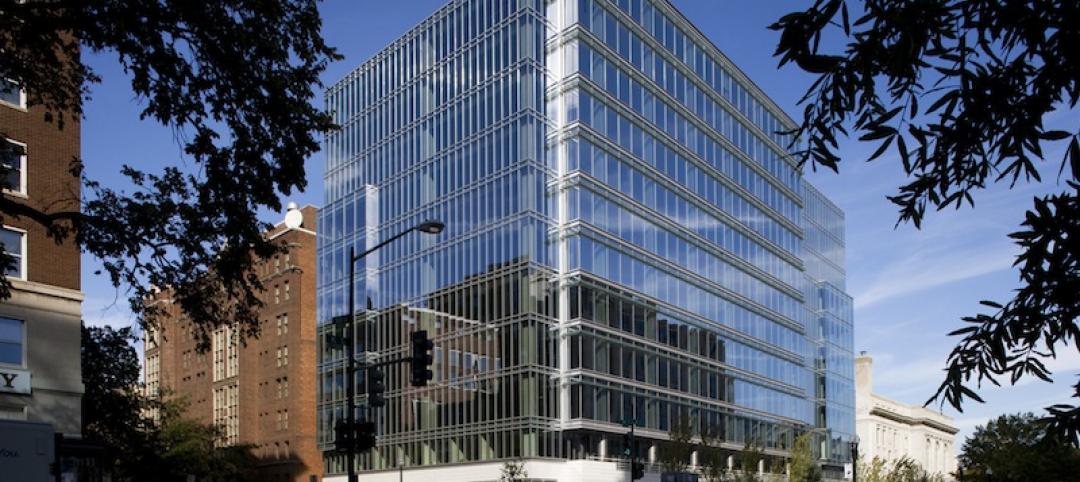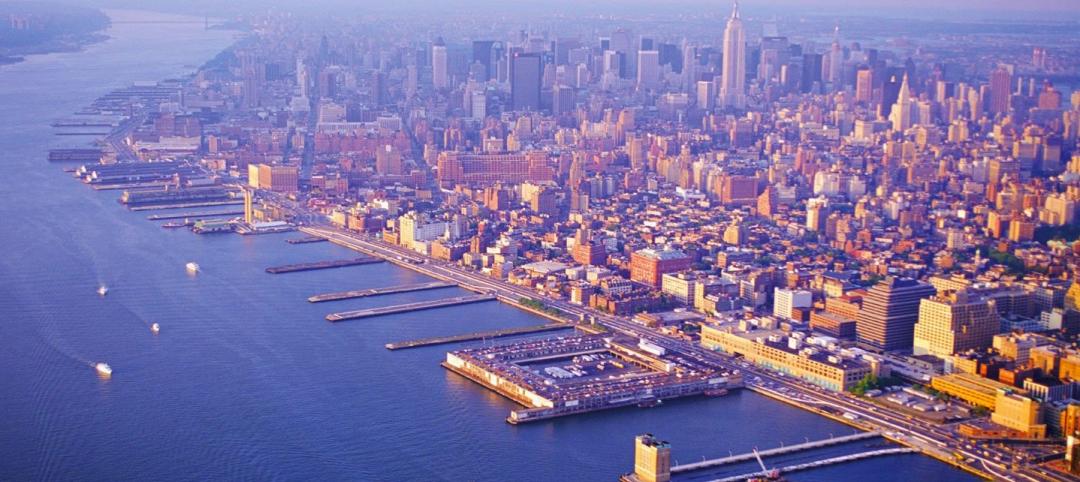The most effective way to reduce deaths and property destruction from California wildfires would be to stop building in fire-prone areas, and make structures that already exist in those areas more resilient.
It's a simple and sound strategy, but it would also be expensive and wildly unpopular. People want to live in the state's stunning wooded landscapes and making homes, businesses, and neighborhoods more fire-resistant could be hugely expensive.
Experts say as climate change causes more frequent and destructive blazes, anything less won’t make enough of a difference to prevent the devastating fires that have swept through the state in the past few weeks, though. California uses the most up-to-date version of model national codes, and doesn’t allow local governments to opt out of those codes.
New homes in places with the highest risk of wildfire get built with fire-resistant materials and construction techniques, but many older structures were not built to those standards. Furthermore, California’s aggressive wildfire codes don’t apply in neighborhoods that may appear safer on paper, but are increasingly affected as fires grow to the sizes that caused so much destruction recently.
Related Stories
| Oct 31, 2013
IECC code updates include better lighting controls and new HVAC technology
The proposed new code will increase the mandatory installation of occupancy sensors and daylighting controls to many new types of spaces.
| Oct 31, 2013
Effects of green, white roofs to be compared at Walmart in Oregon
Portland State University will construct a 40,000 sf green roof research site on the top of a new Walmart store in North Portland, Ore., and compare it to a 52,000 sf section of roof with a white membrane.
| Oct 31, 2013
GSA okays Green Globes; USGBC counters forestry industry concerns
Green Globes, a LEED rival, was recently declared to be nearly equal with LEED standards by the General Services Administration.
| Oct 25, 2013
California struggles with updated seismic codes
In California, there are still hundreds of concrete buildings that need reinforcement to bring them up to the new seismic code.
| Oct 24, 2013
Supplement No. 2 to AISC 358-10 Prequalified Moment Connection Standard available for public review
Supplement No. 2 to the American Institute of Steel Construction (AISC) standard Prequalified Connections for Special and Intermediate Steel Moment Frames for Seismic Applications (AISC 358-10) is now available for public review.
| Oct 24, 2013
Changes in LEED v4 will have large impact on materials manufacturers
Changes to LEED in LEED v4 are so dramatic that they will send ripples into other industries and shift expectations on sustainability reporting and performance far beyond the building industry.
| Oct 24, 2013
D.C. office buildings going green at twice the national average
In 2011, about 33% of new office buildings in the U.S. were built to green standards, but in the nation’s capital that rate has skyrocketed.
| Oct 18, 2013
AGC considers suit over new hiring goals for vets, disabled
The Associated General Contractors of America and the HR Policy Association are reportedly considering taking legal action over the Labor Department's new hiring goals for veterans and disabled people.
| Oct 18, 2013
Cities may be more capable of driving sustainability than nations, experts say
With countries not tackling climate change aggressively, cities are in the best position to drive increased sustainability.
| Oct 8, 2013
Kansas City board OKs $1.6 billion TIF for $4.3 billion redevelopment project
Kansas City’s Tax Increment Financing Commission voted unanimously to forward the Bannister & I-435 TIF Plan to the Kansas City Council for approval.


